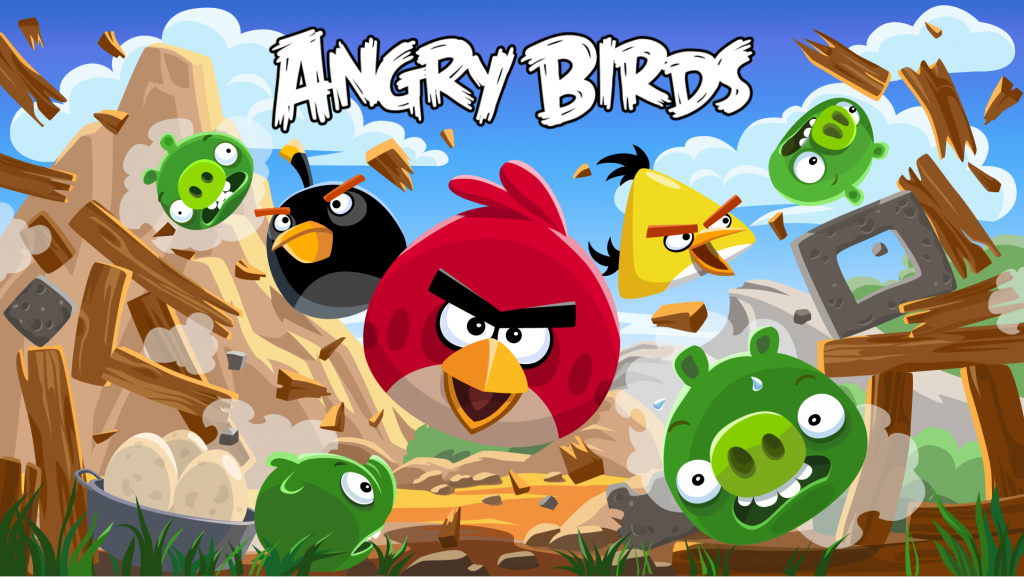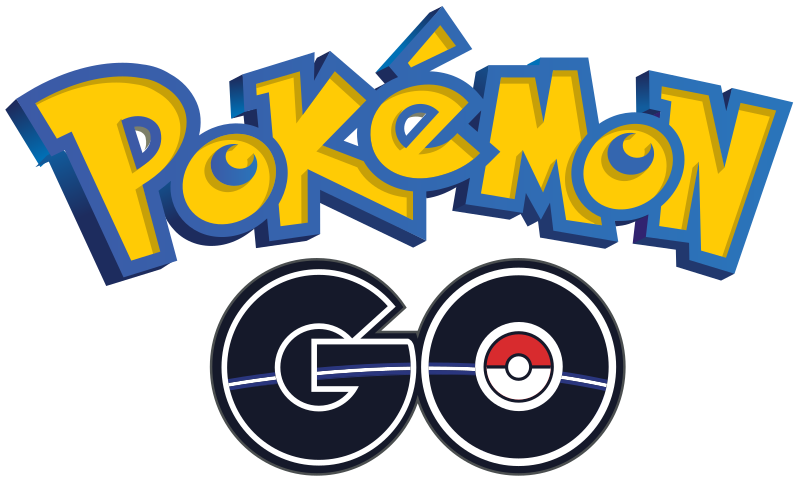By Elizabeth Henry

I could read all 1,224 pages of “War and Peace” 22 times, or the entire seven-book Harry Potter series 11 times if I replaced the time I spent during one year on my phone playing mobile games with reading.
A fantastic yet scary technological feature of my iPhone is that it records the percentage of time I use on individual apps in a seven-day period. The top two most used applications on my phone are mobile games. Pandora ranks No. 3 for the sole reason that it plays as I go to sleep each night. This past week I spent 13.4 hours on mobile game apps. I do not play the same amount every week. However, if I did I would waste almost 700 hours a year crushing candies and matching flowers.
The mobile games are a $108.9-billion-dollar industry. Words with Friends, Farmville, Angry Birds, Clash of Clans, Candy Crush, Pokémon Go. These games have been filling our phones’ memory and our lives for more than a decade.
Personally, I never use real money on fake game money. However, if you were to convert time spent gaming to income I could earn with an entry level job of $9 per hour, I spent close to $6,300 worth of time a year in applications.
I don’t spend real-life currency playing. Not because I don’t want to, but because I know it is an easy road to only being able to afford ramen. When a game asks for $1 or $2 here and there, it can become easy to lose track of how often extra lives and power-ups are purchased.
The entire purpose of “freemium” games is to lull you into downloading and enjoying a game and then charging for in-app purchases. While free and more economical initially than console games, mobile games can easily strip more from your bank account over the course of gameplay.
I try not to analyze the time spent or reason behind my obsession with mobile games. Why do I and millions of others spend so much time and money on these games? Why not pay one time and enjoy the game cost-free for the duration of interest in playing?
Early in these games, the levels are easy. The constant winning of stars, points, coins or whatever in the game gives the sense of achievement. I know I feel accomplished and triumphant the more levels I beat —or finally beating a hard level after days of trying.
Unlike console games that can be played for hours without end and restarting after running out of lives, most mobile games have a limited number of lives. After the last life is lost, there is a cooldown period you have to wait for the ability to play again, allowing for real life to seep back in around gameplay.

When the game has dug in its claws, the time waiting for the ability to play always seems to lengthen. One thing that makes mobile games more appealing than console or PC games is the ability to play almost everywhere. Whether sitting on the toilet or in the doctor’s office or between classes or at red lights — got to catch that Pikachu — mobile games are not tied to a large screen or a console.
They can be played with one hand and sometimes little brain power. The last thing that fuels these games is the endless nature of them. In Farm Heroes Saga I have surpassed more than 2,000 levels, clearing countless crops, eradicating numerous rotting vegetables and defeating Rancid the Raccoon. No matter how many levels are conquered there exists the knowledge that game developers are always creating more.
There’s a compulsion to open apps and play at every available moment. When reaching a roadblock, an especially hard level or when the number of available lives reaches zero, there will doubtlessly be a prompt to purchase more lives or ask friends for help.
Mobile game creators obviously know their clientele. When I look at the games I play most, at their fundamental level, are the same game pushing on the same addictive centers of the brain. While the title of games on my home screen changes over time there is always a game present.
I keep my addiction isolated from Facebook friends and real-life friends by canceling all game requests “to ask friends for help,” or “invited friends,” or “send notifications.” So, this addiction will only be between you and me. Feel free to send help, but only after I complete the next 10 levels.






















